Charles-Valentin Alkan: Organ Works, Volume Two
In the last three decades the staggeringly original piano music of Charles-Valentin Alkan (1813-88) has emerged from the darkness that surrounded it over the previous century and today features regularly in recital programmes. But Alkan’s music for organ – much of it initially conceived for the now obsolete pedal-piano – is no less powerful and imaginative, although little of it had been recorded before Kevin Bowyer began this survey. His first recording of this repertoire drew ecstatic reviews from the critics; this second instalment (of three) offers music and playing of equal quality.
Kevin Bowyer, organ
Listen To This Recording:
- Pro Organo (1850)
- No. 7, Allegro, F sharp minor
- No. 8, Energicamente, D minor
- No. 9, Moderato, D major
- No. 10, Moderato, D major
- No. 11, Adagio, F minor
- No. 12, Tempo giusto, C major
- No. 1, Tempo giustissimo, C major
- No. 2, Andantino, A major
- No. 3, Quasi-Adagio, D minor
- No. 4, Assez doucement, G major
- No. 5, Lentement, D minor
- No. 6, Majesteusement, B flat major
- No. 7, Molto Moderato, F major
- No. 8, Assez vite, A minor
- No. 9, Assez lentement, E flat major
- No. 10, ModÈrÈment, D minor
- No. 11, Dolcement, A minor
- Handel, Messiah, transcription Alkan: Larghetto (‘Pastoral Symphony’), B major
12 Études pour les Pieds seulement, Nos. 7–12 (c. 1869)
11 Pièces dans le Style Religieux, et 1 Transcription, de Messie de Handel, Op. 72 (c. 1867)
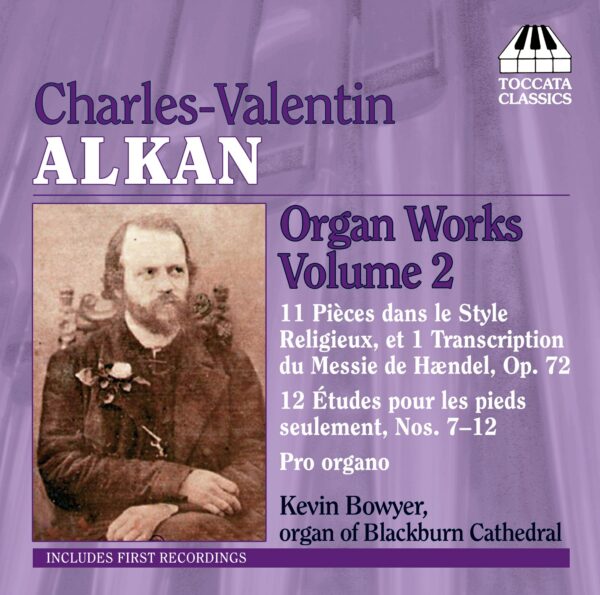
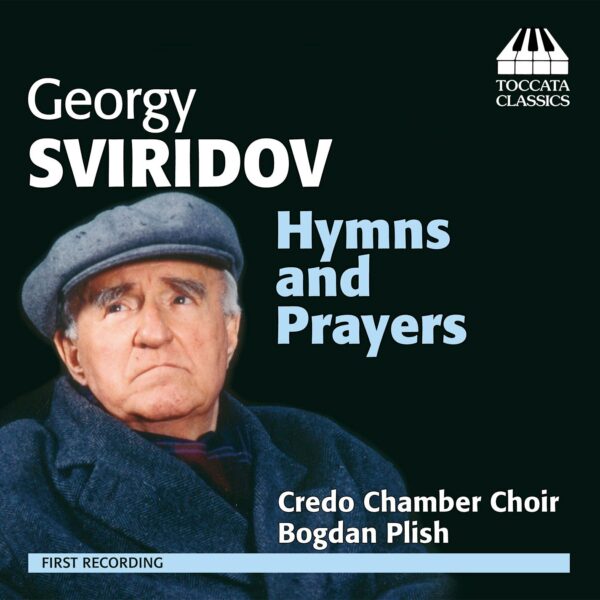
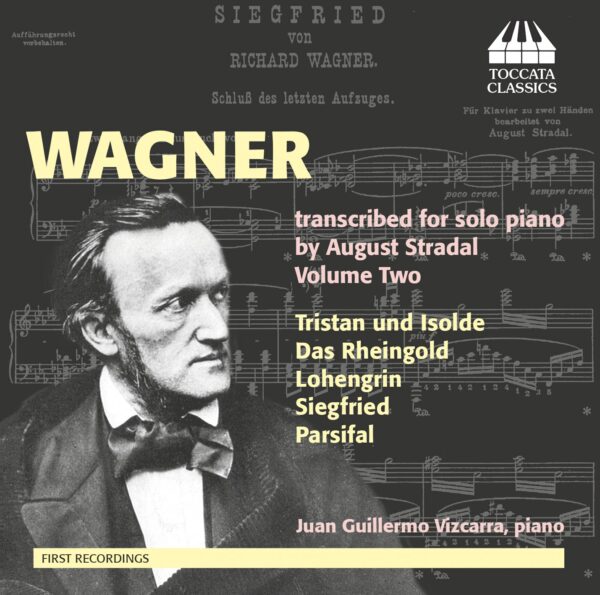
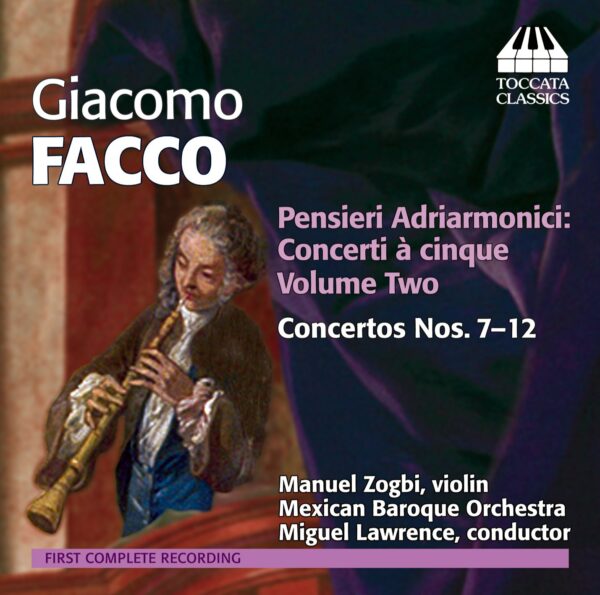
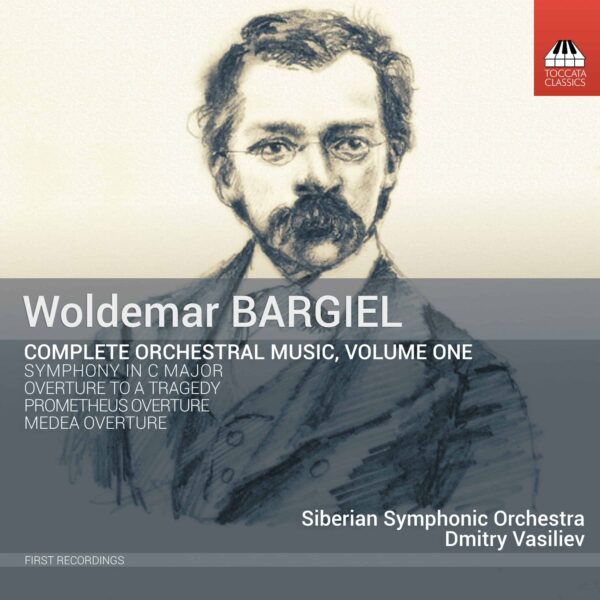
Classical Source :
‘In first-rate sound, the rich acoustic of Blackburn Cathedral has been captured without losing any of the details of either the music or its interpretation. The third and final volume is eagerly awaited; in the meantime, this issue, as with Volume 1, comes very highly recommended as an authoritative journey through Alkan’s organ music.’
—Peter Joelson, Classical Source
Alkan Society :
‘Bowyer is performing great services to Alkan and to the organ repertoire as a whole through this series and, like volume I (and doubtless the forthcoming volume III), this recording is a must.’
—Alkan Society, Bulletin No. 77
MusicWeb International :
‘With his new series of recordings Kevin Bowyer and Toccata Classics have done Alkan a huge service. Bowyer is the ideal advocate for this music: not only is he a consummate and highly intelligent musician, but his technique seems to know no bounds. The 12 Études pour les pieds seulement represent some of the most forbidding technical challenges in the organ repertoire. A performer who has not only mastered the spine-chilling and diabolical difficulties of these works but is also able to unlock their musical qualities from the page is a rare artist indeed. […]
This CD demands to be heard by a wide musical audience and not only by Alkan and organ aficionados. High accolades should also be awarded to Toccata Classics for such an enterprising release, the excellent recording quality achieved by Lance Andrews of Lammas Records and by the producer Richard Tanner’
—Robert Costin, MusicWeb International
Fanfare Magazine :
‘One is tempted to note that Kevin Bowyer has single-handedly brought Alkan’s organ works to vibrant life after well over a century of neglect but for the palpable fact that in this album and its predecessor […] both hands and feet together perform, one after another, splendid and (if you’re following in score) stunning feats. Seriously, Bowyer’s first Alkan collection from two decades ago […] revealed the works of the composer’s last creative phase to be of beguiling pith—smaller in scope than the towering piano works of the 1850s (e.g., the Symphonie and Concerto) but more subtly ambiguous, rife with engaging material worked with inexhaustible yet unpredictable invention, affording large satisfactions to an always minuscule audience. Even for the wavering, the sardonically titled Impromptu on “A Mighty Fortress” assumes a place among the grandest (and most tightly constructed) variation sets of the 19th century. Which is to say that if you do not already own that album you’re best advised to grab it fast. […]
The last six of the 12 Études pour les pieds seulement , on the other hand, require—as do the Trois Grandes Études (right hand, left hand, hands together)—a phenomenal interpreter to lift them from the equivocal limbo of a splendiferous stunt into the demesne of non-specialist music. Not for nothing have I referred to Bowyer as the Marc-André Hamelin of the organ. Seeing what Alkan requires the feet unaided to wring from a pedal board is hair-raising by itself, but hearing those requirements realized with interpretive point is simply jaw dropping. […]
Bowyer’s ear is cocked for Alkan’s quirky divagations, his tongue-in-cheek detours […] Extensive, elegant, and richly informed annotations by Malcolm MacDonald confect a final elegance. Enthusiastically recommended. ‘
—Adrian Corleonis, Fanfare Magazine
Gramophone :
‘In Bowyer we have a performer who not only guides us through the music with the assurance of one who sees nothing out of the ordinary in Alkan’s musical language but who cuts through the immense technical difficulties like a hot knife through butter. ‘
—Gramophone, June 2008
Gramophone :
‘in Bowyer we have a performer who not only guides us through the music with the assurance of one who sees nothing out of the ordinary in Alkan’s musical language but who cuts through the immense technical difficulties like a hot knife through butter.
Bowyer’s breathtaking footwork in the final six of the Etudes pour les pieds seulement doesn’t diminish the slightly circus-like melodrama of these astonishing pieces which range from the tempestuous No 7 to the dark No 11 by way of the jaunty (but, as Malcolm MacDonald’s excellent booklet-notes point out, fiendishly difficult) Ninth. […]
[in Op.72] follows a series of increasingly complex and demanding pieces which, were it not for the amazing intensity of Bowyer’s interpretative vision and his wonderful use of organ colour, would prove insurmountably daunting to most listeners. As it is we are treated to some of the most vividly focused and technically fluent organ-playing imaginable.’
—Gramophone, 2010
Cathedral Music :
‘The 12 Études dates from the late 1860s and are a technical tour de force for the pedals only. Numbers 7-12 recorded here, present a balanced suite of contrasting moods and styles that make mind-boggling demands of the player’s foot; chords, grace notes played simultaneously by both feet and 4 against 3 figurations, all tackled with seemingly effortless ease. The 11 Pièces dans le Style Religieux are short character pieces and in them Kevin Bowyer demonstrates the full tonal range and palettes of colours available on this quite remarkable instrument. Mr Bowyer’s keen ear for colour and registration captures the wide range of the musical moods and conveys the character of each individual piece.’
—Jeffrey Williams, Cathedral Music
The Classical Music Guide Forums :
‘Anyone interested in Alkan will obviously want to have both of these Toccata Alkan organ recordings. Kevin Boywer is committed to making this music known more widely, and he is an outstanding organist with impeccable credentials.
The recording quality is wonderfully lifelike and realistic, thanks to recording engineer Lance Andrews’ technical skills. Malcolm MacDonald has provided exceptionally well written and informative notes about both, Alkan and his organ music.’
—Lance G. Hill, The Classical Music Guide Forums